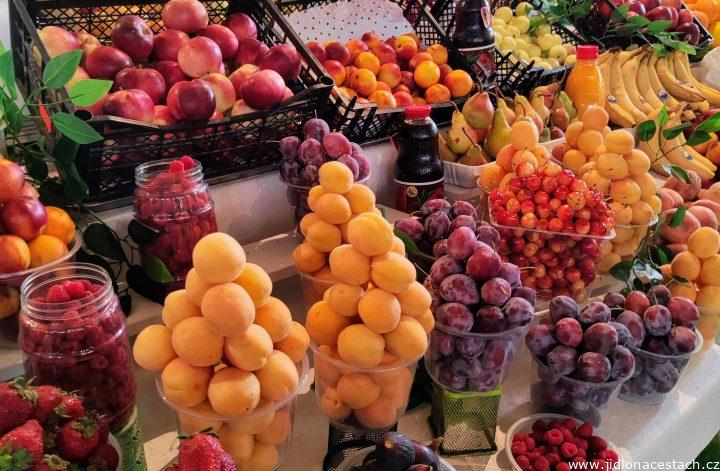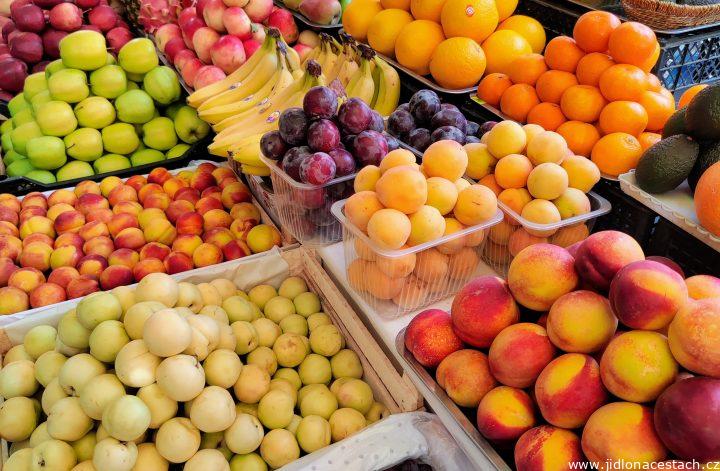Plov (плов) is one of the most famous and widespread dishes in Central Asia. This rice dish is most commonly associated with Uzbekistan (where it is called палав/palav), but it is beloved throughout all countries of this region.
Plov: A Dish of Rice, Meat, and Carrots

Preparation of Plov
In Kyrgyzstan, as well as in the rest of Central Asia, plov is prepared with rice, meat (often lamb), carrots, onions, and spices, which primarily include cumin, garlic, and pepper.
Plov also owes its specific taste to fat (курдючный жир) used for frying the meat and vegetables. This fat comes from a special fat pouch near the sheep’s tail.

Plov is cooked in a special vessel called a kazan. This is a deep iron pot where the ingredients are gradually fried and simmered. The preparation process includes several steps: first, onions and meat are fried, then carrots are added, and finally, rice. Everything is cooked until all the ingredients are tender and the flavors have blended. Bread, such as tandyr nan, is often served with plov.


The History of Plov
Plov has its roots in Persia, where it was cooked as a celebratory dish centuries ago. From there, it spread to neighboring areas and became an integral part of the cuisines in Uzbekistan, Tajikistan, Turkmenistan, Kazakhstan, and Kyrgyzstan.

Plov as a Symbol of Hospitality
In Kyrgyzstan, as in other Central Asian countries, plov is a symbol of hospitality, abundance, and social harmony. It is often prepared on festive occasions, such as weddings, childbirth celebrations, or Muslim holidays. The communal consumption of plov symbolizes unity and togetherness.
Preparing plov is considered an art, and it is often entrusted to experienced cooks.
Bon appétit!
🇰🇬 Taste the best of Kyrgyzstan! Subscribe to my newsletter and I will send you for free everything you need to know to discover and enjoy authentic local specialties in Kyrgyzstan.


